VIRGINIA PATRIOT
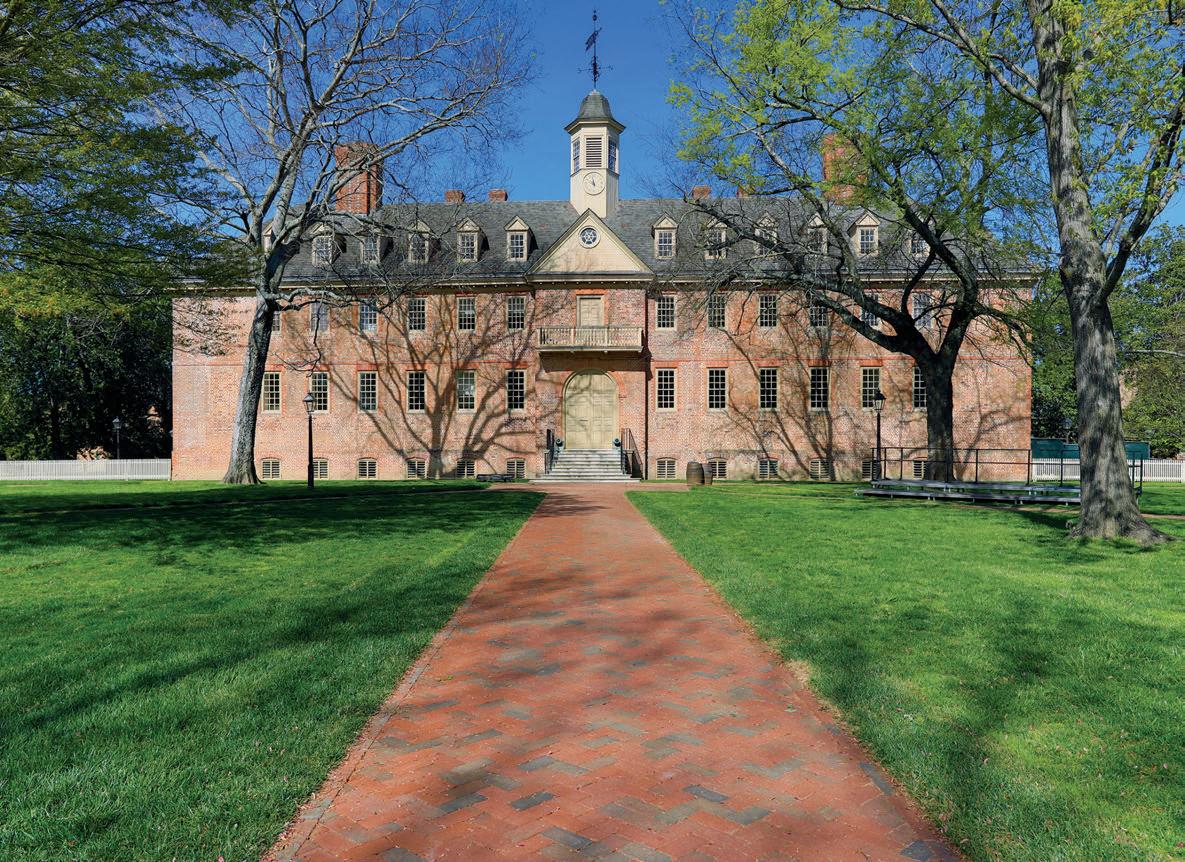
Monroe was born on April 28, 1758. He spent his childhood in Westmoreland County, Virginia, near the southern banks of the Potomac River. His parents-Spence Monroe and Elizabeth Jones Monroe-owned a 500-acre plantation they called Monroe Hall.
James was one of five children. He had an older sister and three younger brothers. Both his father and his mother's brother, Joseph Jones, were friendly with other Virginia patriots. They joined together to resist growing British oppression in the 1760s and early 1770s.
The Monroes owned a modest but comfortable home and provided their children with an education. By 1774, when James was 16 years old, both his parents had died. Jones took in the Monroe boys (their sister, Elizabeth, was married by then). He became a father figure and role model for James. Jones enrolled his nephew at the College of William and Mary in Williamsburg, Virginia. He encouraged James to study law and consider politics.
Williamsburg was the capital of colonial Virginia. It was an interesting place and time to be a student. News of the Boston Tea Party, which had taken place the year before, had reached Virginia. During the Boston Tea Party, patriots had destroyed three shiploads of British tea to avoid paying a tax on it.
This story is from the {{IssueName}} edition of {{MagazineName}}.
Start your 7-day Magzter GOLD free trial to access thousands of curated premium stories, and 9,500+ magazines and newspapers.
Already a subscriber ? Sign In
This story is from the {{IssueName}} edition of {{MagazineName}}.
Start your 7-day Magzter GOLD free trial to access thousands of curated premium stories, and 9,500+ magazines and newspapers.
Already a subscriber? Sign In
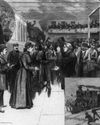
nellie Bly Journalist
nellie Bly's first newspaper articles appeared in print when she was just 20 years old.

Arabella Mansfield -Lawyer
Arabella Mansfield started out life as Belle Babb (1846-1911). She grew up in a Midwest family that valued education. In 1850, her father left to search for gold in California. He died in a tunnel accident a few years later.

Sarah Josepha Hale Editor
Long before Vogue or Glamour caught women's attention, Godey's Lady's Book introduced the latest fashions.

Louise Blanchard Bethune - Architect
Louise Blanchard Bethune (1856-1915) showed early promise in math. Lucky for her, her father was the principal and a mathematics teacher in a school in Waterloo, New York. Instead of going to school, Louise's father taught her at home until she was 11 years old. She also discovered a skill for planning houses. It developed into a lifelong interest in architecture and a place in history as the first professional female architect in the United States.
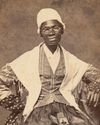
Sojourner Truth Speaker
There was a time when slavery wastes abolished the institution over a number of decades. New York abolished slavery in 1827. Isabella Baumfree (c. 1797-1883) was born enslaved in Hurley, New York. When she was nine, she was taken from her parents and sold. She then was sold several more times. Some of her owners were cruel and abused her. During that time, she had several children.
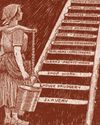
Getting Started
In this editorial cartoon, a young 19th-century woman must overcome the obstacle of carrying a heavy burden while climbing a multirung ladder before she can achieve \"Equal Suffrage.\"
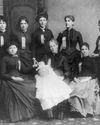
Leonora M. Barry - Investigator
When Leonora M. Barry (1849-1923) was a young girl, her family left Ireland to escape a famine. They settled in New York. Barry became a teacher. In 1872, she married a fellow Irish immigrant. At that time, married women were not allowed to work. So, Barry stayed home to raise their three children.

Finding a New Path
For many Americans, this month's mystery hero represents the ultimate modern trailblazer. She is recognized by just her first name.
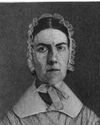
The Grimké Sisters Abolitionists
Every night, Dinah was supposed to brush the E hair of her mistress, Sarah Moore Grimké (1792-1873). But one night, 12-year-old Sarah stopped Dinah. She wanted to help Dinah instead. They had to be quiet so they wouldn't get caught. It was 1804 in Charleston, South Carolina. The Grimkés were among Charleston's major slaveholding families. Strict laws regulated the behavior of both master and enslaved people.
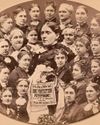
Frances Willard Leader
During Frances Willard's lifetime (1839-1898), she was the best-known woman in America: She headed the largest women's organization in the worldthe Woman's Christian Temperance Union (WCTU). In that role, her abilities shone as a social activist, a dynamic speaker, and a brilliant organizer. She educated women on how to run meetings, write petitions, give speeches, and lobby state and federal legislators.
